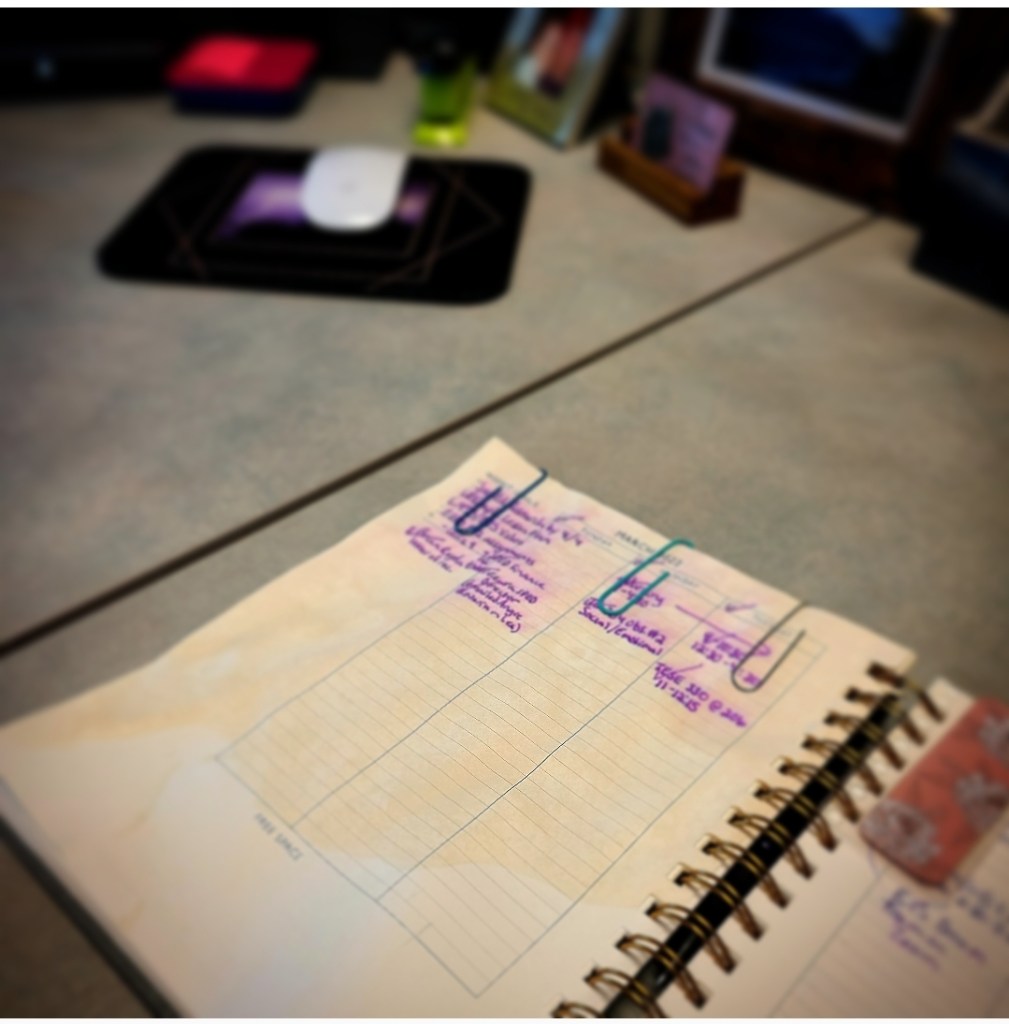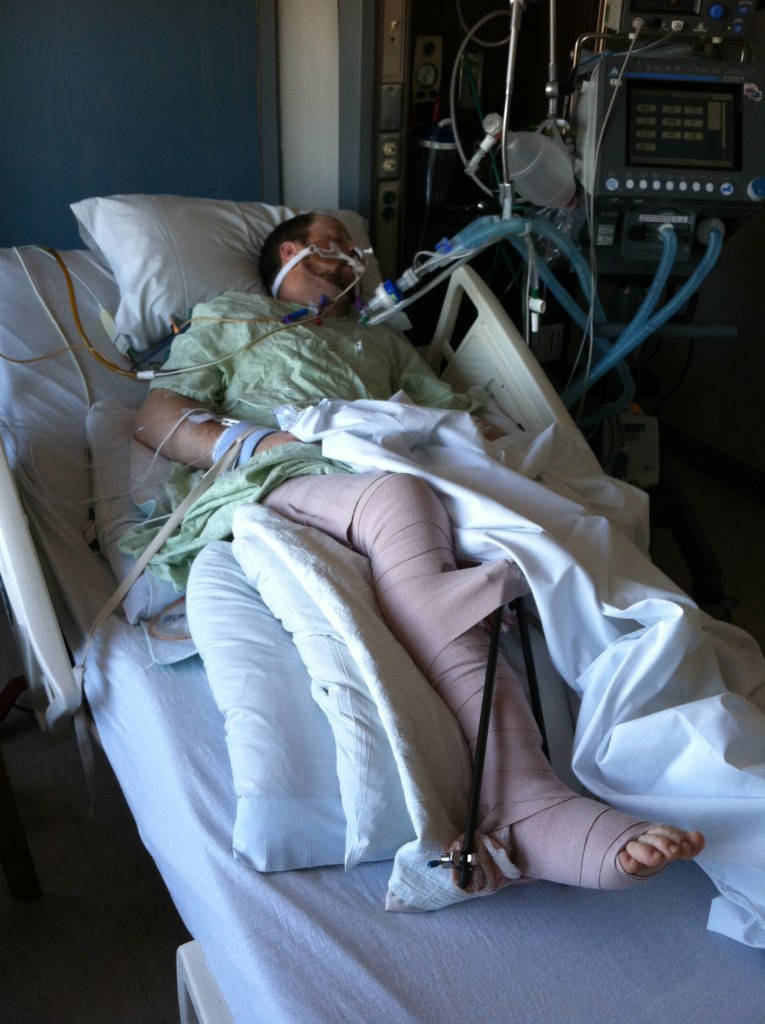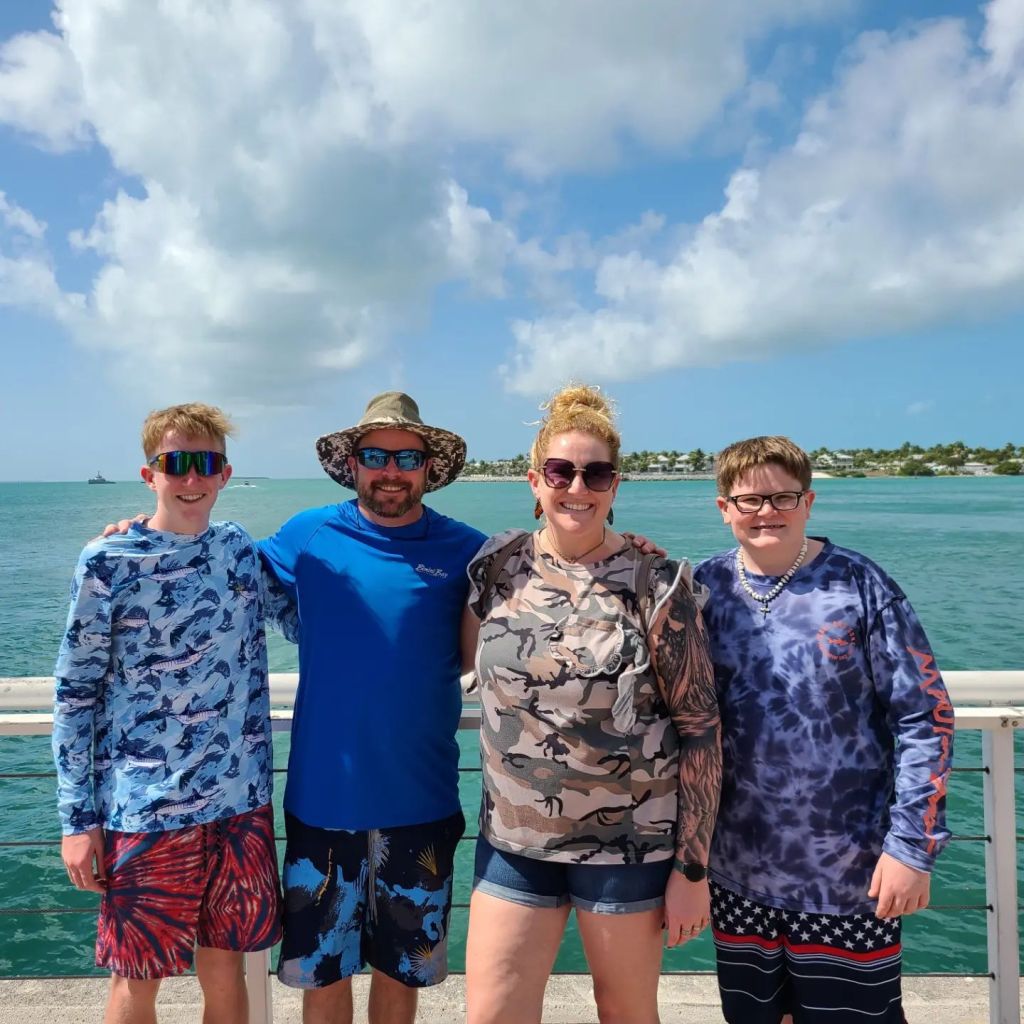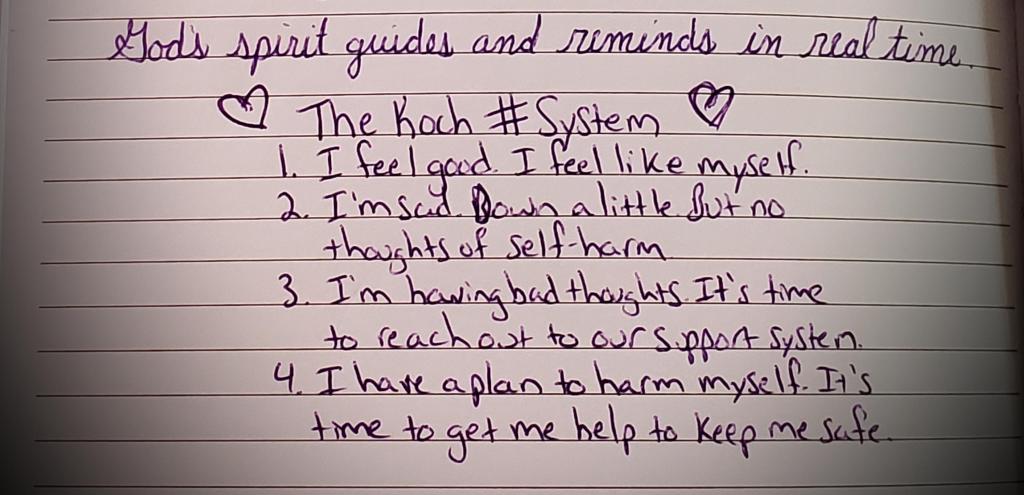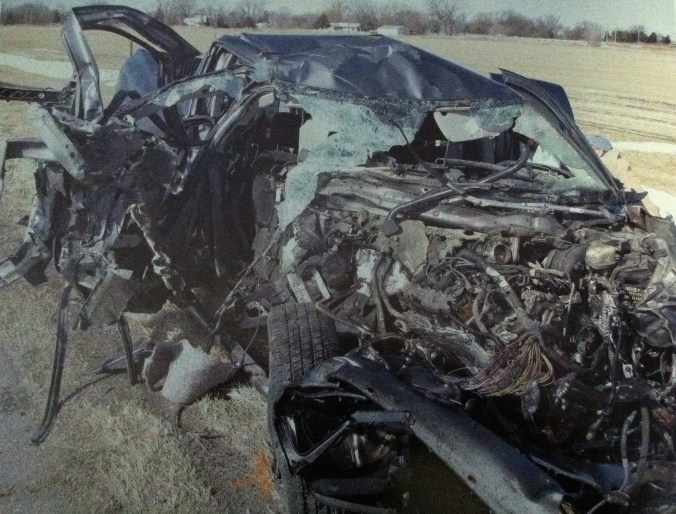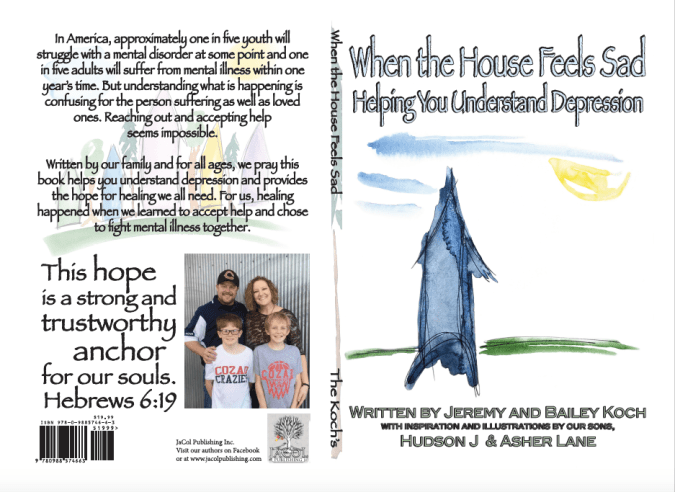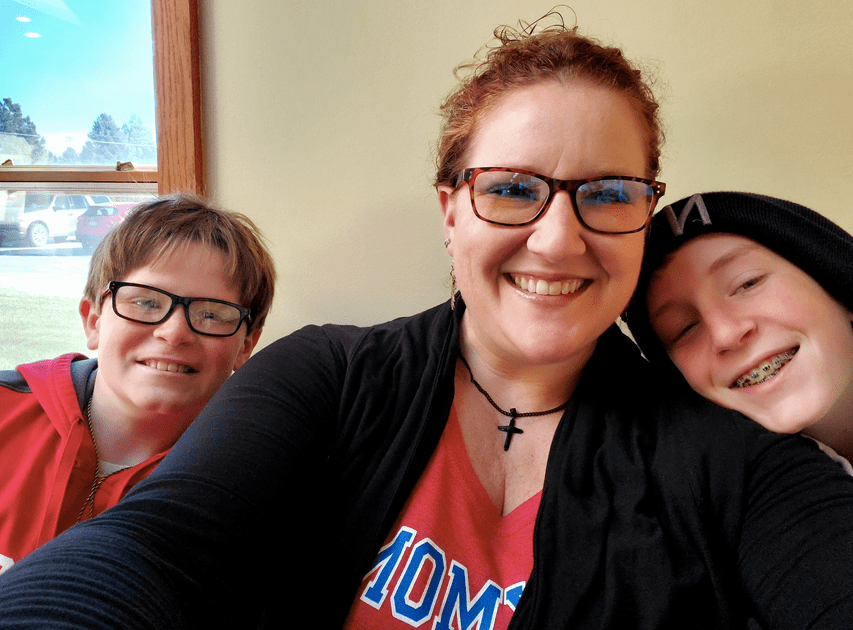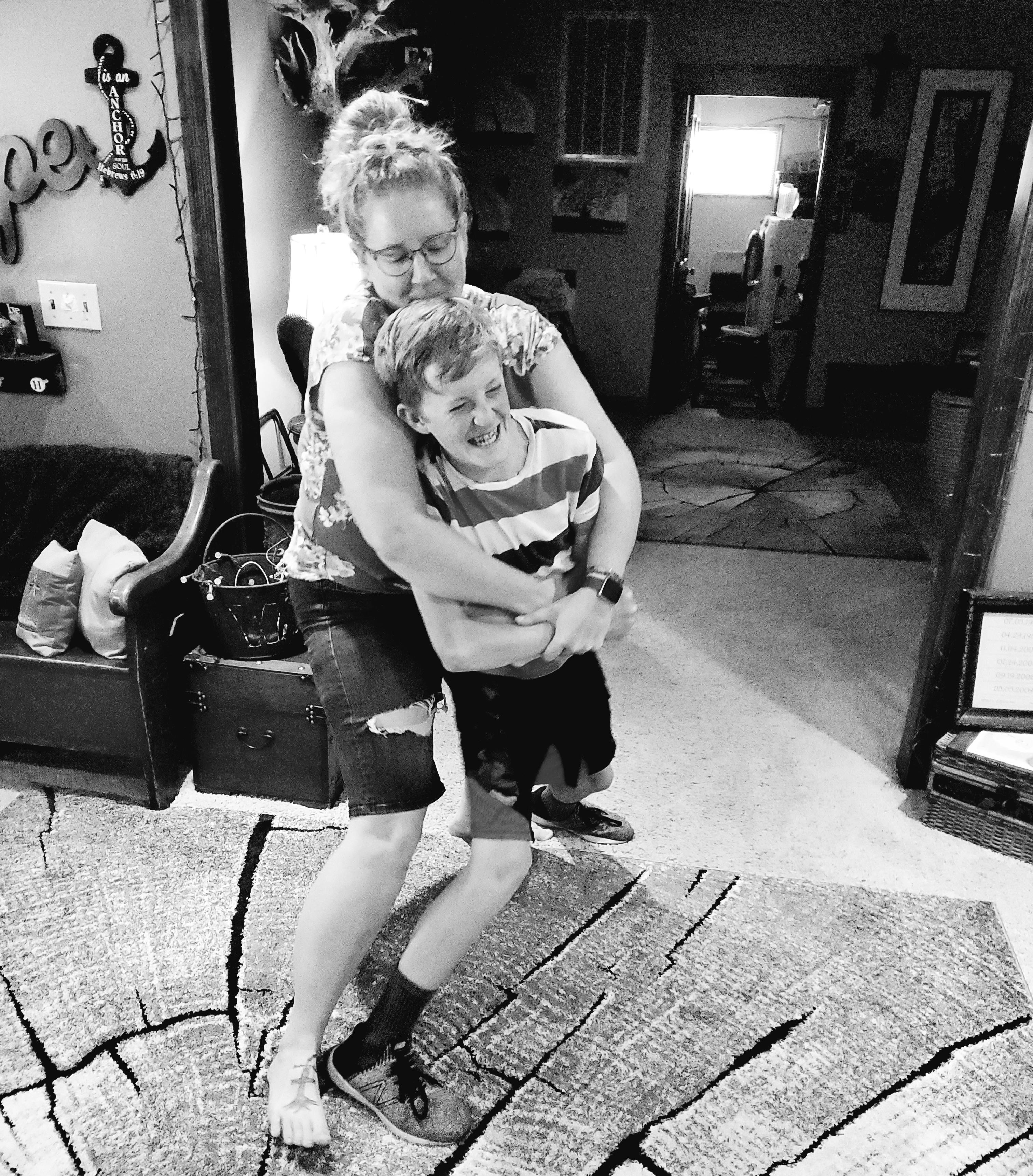Today, I received multiple messages and emails from concerned parents and teachers who know me well and are familiar with our advocacy work. Communities around us have been hit hard by youth suicide the last few years, and it’s taking a toll on everyone. Parents are scared. Teachers and administrators are stressed. The world feels extremely heavy when we want to help but feel completely unprepared to do so.
Honestly, most of us know this issue has to be met with strong communication, but how do we talk to youth about suicide? It’s such a heavy topic, and frankly, quite scary for all of us…adults and youth alike. Most of us grew up with generations of parents and grandparents who were taught to change the subject when suicide came up, so we have little experience. But now, we are hearing over and over, “What can we do to stop this? How can we help?”
Our world is starting to understand we cannot ignore the need for these hard conversations anymore.
The answer to how we fully address mental illness and suicide is not simple, and it will take time to destroy generations of stigma, but there are ways we can help now. We start by changing the way we talk about suicide. We have to learn to separate the person from the illness – to place the blame for death where it belongs…on the illness and NOT on the person. So it’s time for a few tips from this educator, parent, advocate, and wife of a suicide survivor.
- We have to talk to our youth about what mental illness really is…an illness. Don’t overcomplicate it. Here are the words we use…
“Mental illness is no different than any other illness. We have to choose to accept help to fight it just like we have to choose to accept help to fight cancer. Sometimes, we fight the illness and get to live many many years. Sometimes, we fight the illness but it still overtakes the body and leads to death. Sometimes, we don’t even know there’s an illness before a loved one is gone; and those times are the hardest.
Mental illness can overtake a person’s brain before others even see any signs of trouble. It tricks a person, surrounds their thoughts with darkness and negativity, and even makes them believe they are a pain to others if they ask for help. It’s not the truth, and their hearts knows that, but the illness overtakes the brain. So while we’ve heard the outdated words that someone, “killed themselves” or “committed suicide,” we know the truth is that the individual sadly died from mental illness. It’s not their fault. It’s not your fault. It’s not anyone’s fault. It’s an illness, and I’m so so sorry for the pain that comes along with losing someone.
An illness caused the death…a person did not.”
- We have to teach that talking about our feelings and experiences is healthy. Need more words? Here you go…
“Seeing a counselor, someone who helps us understand our own thoughts, should be as common and encouraged as seeing a dentist. It’s just good practice for good health. Talking about our feelings and experiences is how to we learn to recognize signs of of illness. A person whose brain tells them to hurt themselves or others needs help to be okay. The thoughts often start off small and quick, so they are easy to ignore or brush off as no big deal. But they’re scary, and they can get worse. So we have to learn to control them before they can control us. And we do that by asking for help. Some people need medications, some don’t. Some respond really well to sunlight, exercise, and a healthy diet. Some get better and stay better by simply talking about it.
The truth is that there are lots of ways to fight mental illness…but none of them involve a person fighting it alone.“
- We have to teach and model kindness.
“It’s hard to be kind. It’s a lot easier to roll our eyes or allow meanness than to stand up for someone. Even if we aren’t being mean ourselves, but we are allowing others around us to, we are contributing to sadness. And we don’t know what another person is living with.
Sometimes, all it takes is an unkind word for a person fighting mental illness to make that final decision to give in to the dark thoughts they’ve been secretly fighting. We really can help by choosing to be kind.“
Please, talk to your kids. Also, anyone can call the National Suicide Prevention Lifeline by simply dialing 988. Anyone can call the lifeline, whether you are thinking about suicide or not, to get emotional support. And there is no minimum age, so tell your kids. If they aren’t comfortable talking to you, that’s okay. Twenty-four hours a day, there is someone on the other end of the line when you dial 988. You are loved, worthy, and supported. So is he. So is she. So are they.

All our love. ~ Jeremy & Bailey Koch
Follow us on Instagram & Facebook @anchoringhopeformentalhealth


